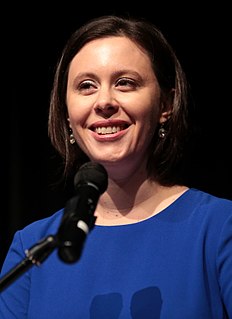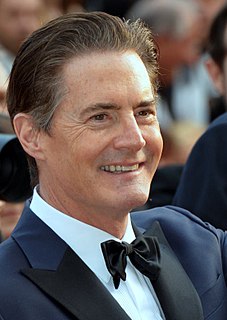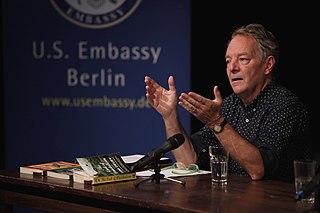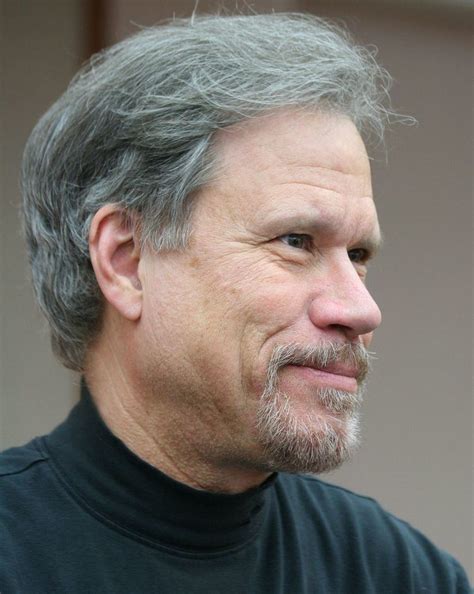A Quote by Helena Bonham Carter
I'm always attracted to lower budget, not because it's lower budget, but because they tend to be better scripts. It's the scripts that tend to be the small arthouse film that tend to be more actor-led and character driven.
Related Quotes
So it [3D] is something I'm still learning, it's fresh, so if the budget allows I'll do it again and just see how far it goes because it's the frontier, it's more interesting. It's still expensive, the projection system can be annoying sometimes, it's not really regulated or perfected yet, so it's still expensive. If I do a lower budget I'll just do 2D, but if the budget allows I think I'll try 3D.
As soon as you start making a film that's expensive then the studio wants total control over all elements of it because they want to get all their money back. If you make a smaller film you can try a lot more things because you can have control over it and not just be a hired director. The lower the budget the more freedom you have.
Coolidge cut the budget, and even better, cut it during peace and prosperity. He left a federal budget lower than the one that greeted him when he arrived in office. He managed to freeze or cut the budget over more than five years in office. If you look at charts of presidents - Nixon, Ike, and Reagan - you see them failing on this score.
The richer people, when they get another $100,000, or another million, or 10 million, don't tend to spend it as much as the poorer people would if they got another $100 or $1,000 or $5,000. All the empirical evidence suggests that the rich tend to consume a lower proportion of income than middle and lower-income people.



































